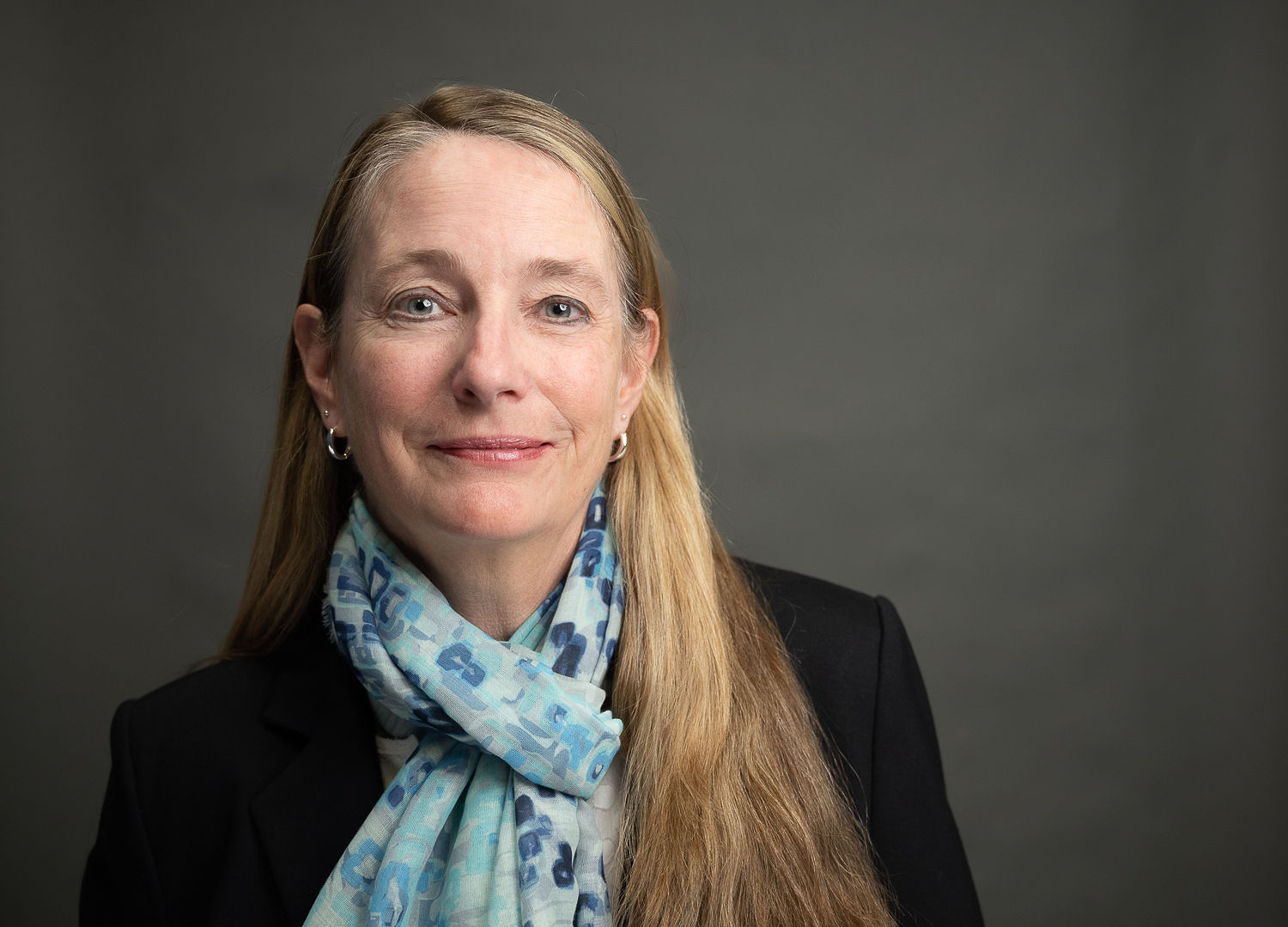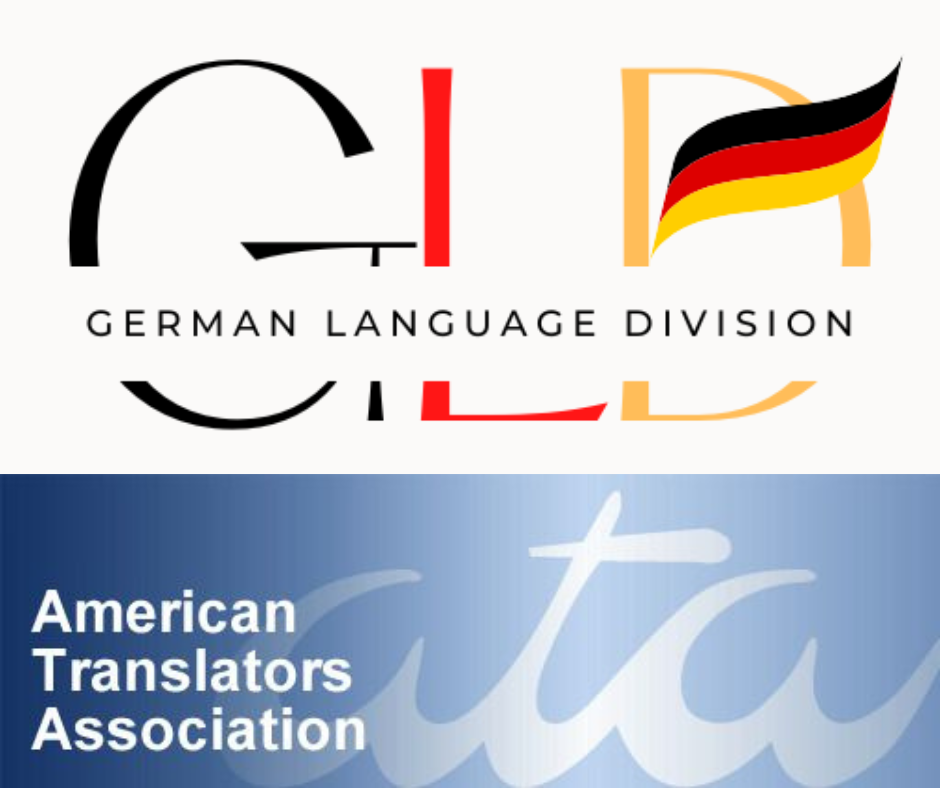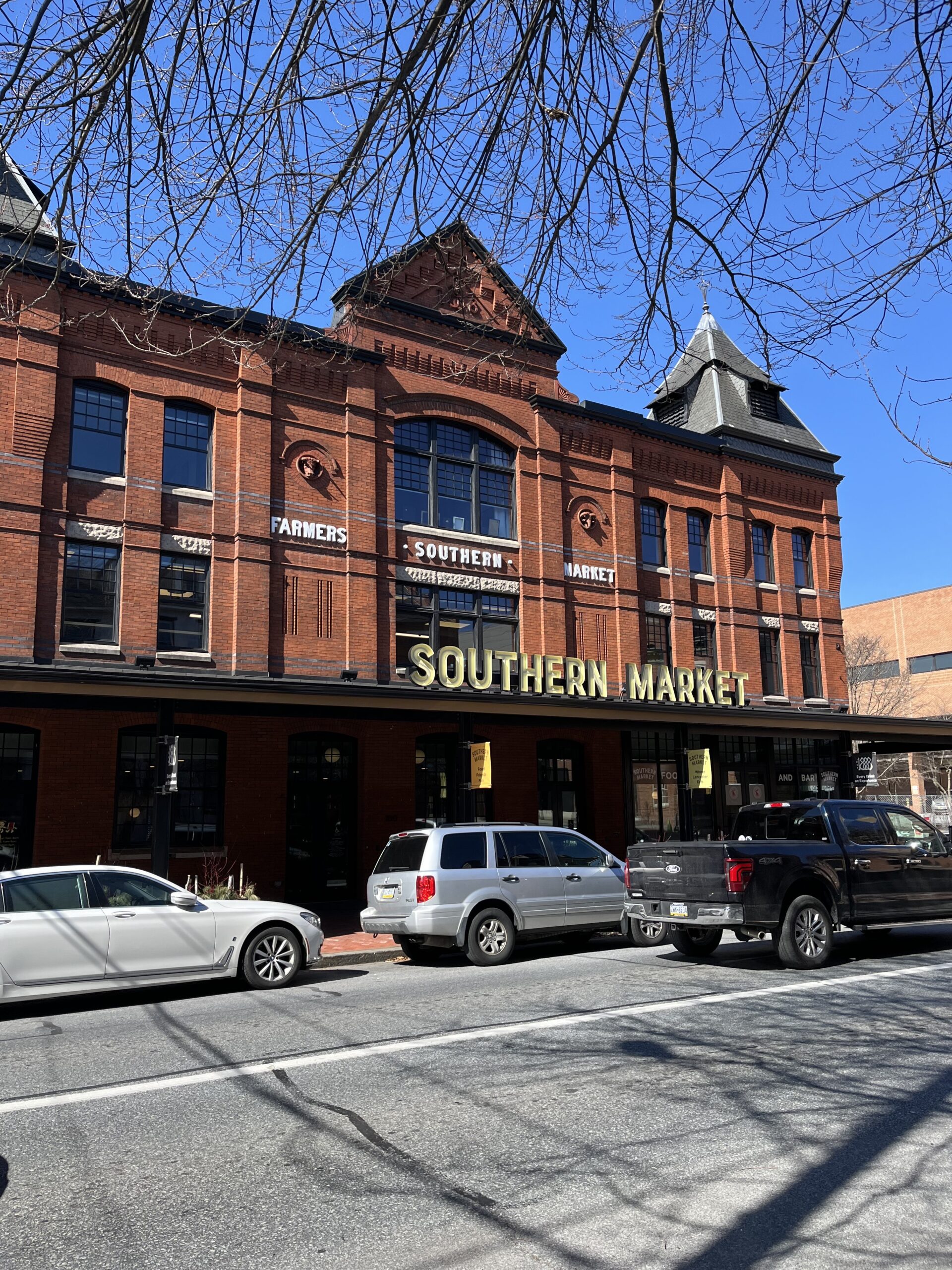I attended the Pennsylvania Dutch Day event that the German Language Division co-hosted in Lancaster, Pennsylvania, with the Delaware Valley Translators Association, in July 2025. I flew in for the event specifically from my home in the Denver, CO metro area. I was interested in the topic for both personal and professional reasons. First, my family is originally from Pennsylvania Dutch country (north of Lancaster) and we continue to celebrate our heritage although we no longer live in central Pennsylvania. In addition, this past spring, I took an online Pennsylvania Dutch language and culture course offered by the Berks History Center located in Reading, PA. The class was an eye opener as to how “alive” this language still is in today’s world. I was also very interested, from a professional point of view, in how the Pennsylvania Dutch community is able to access resources for its translation and interpreting needs when interacting with the majority English-speaking culture that surrounds it within the United States (and Canada).
The Pennsylvania Dutch Day event was held at the Southern Market in Lancaster, PA, on July 19, 2025. This location offered a historic building that houses a modern food hall and conference room. Attendees were from the surrounding areas in Pennsylvania but also as from as far away as Ohio, New York City, Philadelphia (and Colorado, as noted). The organizers included GLD Administrator Karen Leube, Assistant Administrator Robin Limmeroth who were both visiting from Germany during the event, as well as Jamie Hartz from Lancaster. There were around 40 people total in attendance who benefitted from the organized program as well as networking, and the opportunity to interact directly with the event’s speakers.
With my bias being from a family that hails from central Pennsylvania, it was fascinating to learn that the vast majority of Pennsylvania Dutch speakers do not, in fact, live in Pennsylvania. The state is home to around 70,000 speakers of the language but there are an estimated 400,000 plus speakers total within North America. Most live in the Midwest where the population of native speakers of Pennsylvania Dutch continues to grow. There are several distinct varieties of the language, including those spoken in the US Midwest, the Lancaster and adjacent region, and the Ontario Canada region. The vast majority of speakers of Pennsylvania Dutch are Amish or Mennonite and these populations are growing rapidly.
During the event, we learned that all adults in these communities are bilingual in English and Pennsylvania Dutch. However, most are native speakers of Pennsylvania Dutch and only learn English in school from native Pennsylvania Dutch school mistresses as well as eventual interactions with the outside communities. They are not born into a bilingual environment. This means that, both linguistically and culturally, native speakers of Pennsylvania Dutch do need translation and interpreting services as they interact with the English-speaking populations around them, and specifically when interacting with governmental authorities. However, due to the traditionally closed societies of the Amish and Mennonites—where most Pennsylvania Dutch speakers are today—finding language service providers who are able to create an appropriate bridge between the majority English-speaking culture and the Amish or Mennonite communities is quite challenging.
For the Pennsylvania Dutch Day event, the headliner speaker was Mark Louden, the preeminent Pennsylvania Dutch scholar in the United States, and professor of Germanic Linguistics and director of the Max Kade Institute for German-American Studies at the University of Wisconsin-Madison. Another leading scholar on the topic, Steven Nolt, professor of history and Anabaptist studies and director of the Young Center for Anabaptist and Pietist Studies at Elizabethtown College, also shared his knowledge. In addition, Margaret Zimmerman, a former Old Order Mennonite woman served on a panel with Professor Louden about her experiences interpreting between English and Pennsylvania Dutch, for native speakers of the latter. Although, unlike the other speakers, she is not an academic, she was an engaging speaker that provided fascinating real-world insights into the critical need for interpreters within the Amish and Mennonite communities and the cultural and logistical reasons why finding interpreters with the requisite language and cultural skills (who are also accepted by these communities to provide such services) remains a challenge.
Attendees were treated to presentations on the history and current status of Pennsylvania Dutch as well as a discussion of the gaps in interpreting services for the Plain community (the Amish and Mennonites). There were also opportunities to learn some Pennsylvania Dutch and an introduction to the cultures of those who speak this language.
The day before the event, there was an optional tour of the Hans Herr House, a registered historic landmark, founded in 1719, and the oldest original Mennonite meeting house still standing in the Western Hemisphere. Visiting the grounds and displays covering the Herr family years as well as when indigenous peoples lived on the grounds gave further context to our joint study of Pennsylvania Dutch, the language and the culture.
Two other optional events that various attendees enjoyed were an atmospheric dinner at the Greenfield Restaurant and a delicious visit for ice cream to an Amish creamery in Lancaster, Down on the Farm.
The Pennsylvania Dutch Day event exceeded my expectations and it was definitely worth the flight from Denver. Thank you to the GLD, the DVTA and the organizers!
Further reading:
Mark Louden’s article for the GLD on Pennsylvania Dutch from April 2025:
https://ata-divisions.org/GLD/pennsylvania-dutch/
More on the Herr House: https://mennonitelife.org/1719-museum/herr-house/
LancasterOnline coverage of the GLD/DVTA PA Dutch Day event: https://lancasteronline.com/features/entertainment/pennsylvania-dutch-day-invites-attendees-to-learn-about-traditional-american-language/article_88a2f281-fe6c-4367-a912-ee50d4517442.html

Eve Lindemuth Bodeux is an ATA-certified French-to-English translator focusing on the translation of corporate communications, market research and children’s books. She has served on the Board of the American Translators Association since 2018 and will end her tenure as Secretary of the association in October 2025.

